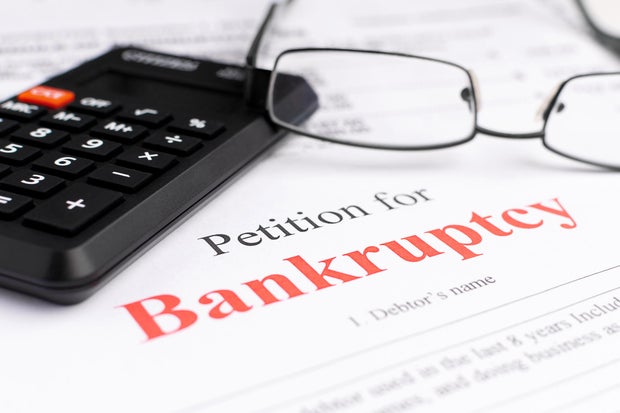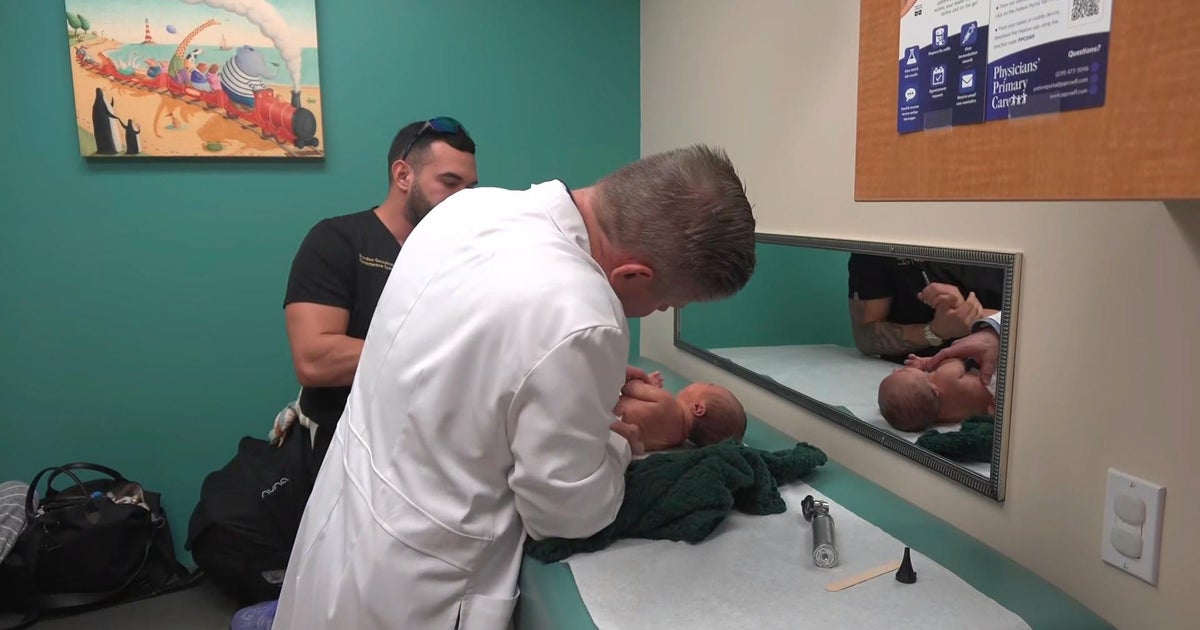 Don't file for Chapter 7 bankruptcy until you know exactly what you may be getting into — and what alternatives you should consider.
Getty Images/iStockphoto
Don't file for Chapter 7 bankruptcy until you know exactly what you may be getting into — and what alternatives you should consider.
Getty Images/iStockphoto
When you're dealing with rapidly compounding debt and can't afford to pay off what's owed, Chapter 7 bankruptcy might seem like the answer you've been looking for. This type of bankruptcy essentially wipes the financial slate clean, allowing you to start over. And, the idea of a fresh start may be especially appealing right now, considering that credit card balances are sitting at historic highs and inflation is continuing to squeeze household budgets. Personal bankruptcy inquiries have also been increasing recently, signaling how overwhelmed people are with their debt.
But while pursuing this type of debt relief can be a smart move in certain cases, it's important to understand that filing for Chapter 7 bankruptcy is not a decision to take lightly. While this type of bankruptcy can discharge many types of debt and make it easier to start over, it won't make your financial problems disappear overnight. And, there are tradeoffs, like stressful court proceedings, asset evaluations and long-term consequences, that can extend far beyond the initial filing.
That's why it's important to understand the nuances and potential drawbacks before you take that step. So what exactly should you know before filing for Chapter 7 bankruptcy this July? Below, we'll break down what to know now.
Don't let your debt problems compound; compare your relief options now.
3 things to know before filing for Chapter 7 bankruptcy this July
Let's walk through what you need to know before taking this significant step this month.
It can provide big relief, but it may not clear all of your debt
Chapter 7 bankruptcy is often called liquidation bankruptcy because it allows you to wipe out certain unsecured debts, like credit cards, medical bills and personal loans, without a repayment plan. For many people, that takes a huge weight off their shoulders. But it's important to understand that not all debts are eligible for discharge. Student loans, recent tax debts, child support and alimony generally cannot be eliminated in Chapter 7. Secured debts, like mortgages and car loans, are also treated differently. If you want to keep assets tied to secured debts, you'll need to stay current on those payments or you'll risk losing the property.
To ensure that it will provide enough relief for you, make a full list of your debts before filing and confirm which ones would actually be erased during the process. That way, you'll have a clearer sense of how much help Chapter 7 could realistically provide.
Find out what strategies could help you get rid of your high-rate debt today.
There are short- and long-term tradeoffs
While Chapter 7 can stop collection calls and lawsuits, it doesn't come without consequences. In the short term, your nonexempt assets, which are things like a second vehicle, valuable collectibles or investment accounts, could be sold off by the bankruptcy trustee to repay creditors. While many people keep most or all of their property thanks to state and federal exemptions, it's still wise to know what's at risk before filing.
Longer term, Chapter 7 will leave a mark on your credit report, which can last for up to 10 years and make it harder to qualify for new loans, credit cards or even rental housing. That said, many bankruptcy filers see their credit scores improve within a year or two of having their debts discharged because their balances drop to zero.
So, be sure to weigh these tradeoffs carefully. For some, the chance to finally reset financially is worth it. For others, the short- and long-term costs might outweigh the benefits.
You may have better options
Chapter 7 isn't the only path out of debt, and it may not be the best one for your situation. Depending on your income, assets and the types of debt you have, other solutions might make more sense. For example, a debt management plan can help you consolidate unsecured debts into a single monthly payment with reduced interest rates, and it does so without the long-term credit damage of bankruptcy. If you're behind on payments, debt forgiveness could allow you to negotiate with your creditors to pay less than you owe, though it also comes with credit score implications.
Even Chapter 13 bankruptcy might be a better fit if you have a steady income and want to keep property that would otherwise be liquidated under Chapter 7. Unlike Chapter 7 bankruptcy, Chapter 13 lets you reorganize your debts and pay them off over three to five years.
The bottom line
Filing for Chapter 7 bankruptcy can offer powerful relief to those who are overwhelmed by their debt, but it's not a catch-all solution — and it isn't right for everyone. Some debts won't go away simply by filing, and the process can come with both immediate and long-lasting consequences for your finances. So, before you file this month, take time to fully understand what Chapter 7 does and doesn't do, and consider whether other debt relief strategies could meet your needs. That way, you know you're making the right decision for your finances, whatever that ends up being.
Angelica Leicht is the senior editor for the Managing Your Money section for CBSNews.com, where she writes and edits articles on a range of personal finance topics. Angelica previously held editing roles at The Simple Dollar, Interest, HousingWire and other financial publications.


















































